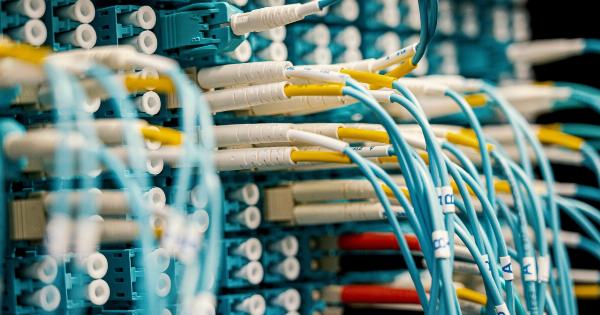The kidneys are vital organs that play a major role in maintaining the overall wellness of the human body.
They are responsible for filtering waste and excess fluids from the blood, regulating blood pressure, producing hormones that stimulate red blood cell production and keeping the bones healthy. However, several diets that people follow in an attempt to lose weight can severely damage the kidneys over a period of time.
High protein diets
High-protein diets such as the Atkins diet, South Beach diet, and Keto diet have gained immense popularity due to their proven weight-loss effect. A typical high-protein diet restricts carbohydrates and promotes a diet high in protein and fat.
This elevated protein intake puts an added burden on the kidneys as they have to work harder to excrete the byproducts of protein metabolism. A study published in the Journal of the International Society of Sports Nutrition found high protein diets can lead to dehydration, kidney damage, and other serious health problems if followed for a prolonged period.
Low-carb diets
A low-carb diet is characterized by replacing carbohydrates in the diet with fats and proteins. These diets, such as the paleo diet, are known to promote healthy eating habits but can lead to kidney damage when followed for an extended period.
The reason behind this is that low-carb diets increase the production of uric acid, a waste product of protein and purine in the body, which if not excreted properly, can cause crystallization in the kidneys, leading to kidney stones.
Sugar-laden diets
Diets high in sugar or processed foods can lead to obesity, which is a significant risk factor for kidney disease. Excessive consumption of sugar can cause the kidneys to overwork, leading to the gradual loss of kidney function over time.
According to a study published in the Journal of the American Society of Nephrology, excessive sugar intake can lead to kidney damage, albuminuria, elevated blood sugar levels, and insulin resistance.
High salt diets
Diets that are high in salt can increase blood pressure leading, over time, to kidney damage.
According to a study by the National Kidney Foundation, reducing salt intake can help reduce high blood pressure leading to a decreased risk of kidney problems. It is important to check the salt content on food labels, avoid processed foods, and substitute salt with herbs and spices when cooking.
Soft drinks and energy drinks
Soft drinks and energy drinks are widely consumed globally. Regular consumption of these drinks can lead to a higher risk of developing kidney stones.
According to a study published in the Clinical Journal of the American Society of Nephrology, consuming more than one soft drink a day can increase the risk of kidney damage by 30%. Energy drinks, due to their high caffeine content, are also associated with an elevated risk of kidney disease due to higher secretion of calcium in urine.
Alcohol
Excessive alcohol consumption can lead to various health problems, including liver disease and kidney disease. Continuous alcohol consumption leads to the accumulation of toxins in the body, which can lead to inflammation and kidney damage.
According to a study published in the World Journal of Gastroenterology, chronic alcohol consumption can cause acute and chronic kidney injury.
The Bottom Line
Kidney damage can have severe consequences, leading to chronic kidney disease, end-stage renal disease and increased mortality.
Diets high in protein, salt, sugar, and soft drinks, as well as excessive alcohol consumption, can contribute to kidney damage over time. To maintain healthy kidneys, it is important to follow a balanced diet, exercise regularly, and stay hydrated.































